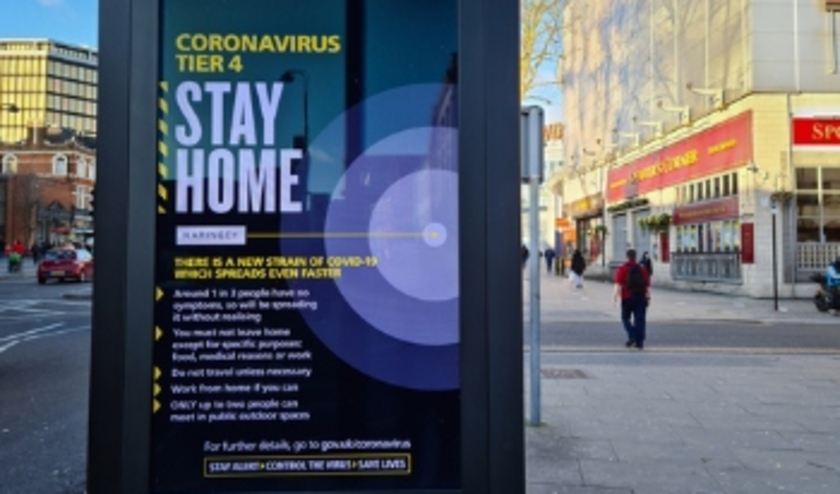Hackney was hit hard by the pandemic. We had the third highest rate of infection recorded in the UK, and sadly suffered over 21,000 deaths and 78,000 infections, with 20,000 of those infections in people younger than 30.
Given this context, effective contact tracing - grounded in the communities it served - was crucial in ensuring that we could limit the spread of COVID-19.
Our community-led approach, using public health-trained contract tracers with a background in customer services, linked in with prescription and food delivery services, meant that we could reach almost 17,000 residents.
A new research paper by the University of Cambridge with support from Hackney LBC, explores how the City and Hackney Public Health, Customer Services and Environmental Health teams worked together to rapidly establish an effective local contact tracing and outbreak response system.
Over three years since the worst of the COVID-19 pandemic gripped our lives, there are still very important lessons to take away from the disease that shook the world.
Since the pandemic there has been research and evaluation into the way things were conducted and what could have been done better, differently, and what was done well. The Covid-19 Inquiry is also looking at the conduct and decision making of the Government, NHS, Public Health England and other agencies.
Like other inner London boroughs we faced a set of challenges from our ethnically, culturally and financially diverse population.
We set up and mobilised in a very short time a system that supported residents to understand the implications of a positive COVID-19 test, and ensure they had full access to the range of support on offer.
Contact tracing is a well-established public health practice, which rapidly emerged as a crucial response to managing the COVID-19 pandemic. This research highlights how local knowledge and insights can be an incredibly powerful asset when speaking to people who may be frightened and vulnerable.
I am proud of the diligence and empathy shown by the council and our local partners, including the NHS, and the way we pulled together to ensure that every interaction mattered. We were able to reach more than 7,700 people during a time when social distancing and isolation were the norm.
From employing contact tracers with a background in customer service who knew the community and were skilled at providing compassionate support - to developing technology tailored to local needs - the service worked tirelessly to ensure residents from all walks of life knew their test results and what to do, as well as how to access support for isolation.
Looking back on what we achieved is not only valuable research, but it is a lesson for the future. It demonstrates the importance of engagement and using the resources available to us.
I have no doubt that the COVID-19 pandemic will be studied for many years to come and I am proud that we, in the City & Hackney, did all we could to help keep people safe at such a dangerous time with the success of our contact tracing programme.
I would encourage you to read the paper, if not all of it, then the executive summary. As the generation who lived through and experienced the pandemic, it is so important for as many of us as possible to understand how and why things happened the way they did.
Dr Sandra Husbands is director of public health for the City and Hackney


